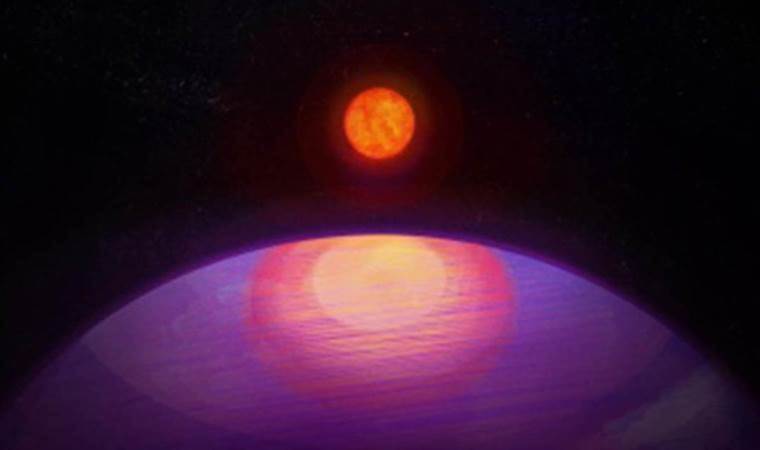Is the ninth planet fact or fiction?
Scientists have long theorized the existence of a ninth planet in our Solar System to explain the peculiar movements of objects in its outer reaches. Despite eliminating approximately 80% of the search area, direct observation remains elusive.

In the early 20th century, to explain anomalies in the orbits of Uranus and Neptune, scientists proposed the existence of Planet X. Percival Lowell, leading this search, speculated this unknown world to be a gas giant near Neptune's mass. Though Lowell did not live to see the discovery, Clyde Tombaugh, using Lowell's observatory, discovered Pluto in 1930. Subsequent observations showed Pluto lacked the mass to influence Uranus and Neptune's orbits, indicating no need for a Planet X to explain their orbital paths.
Years later, the term "Ninth Planet" emerged, championed by Konstantin Batygin and Michael Brown, who demonstrated Pluto as a dwarf planet. In 2016, they suggested that the unusual orbits of at least five small, icy objects in the Kuiper Belt could be explained by a ninth planet.
Researchers hypothesized that these extreme trans-Neptunian objects (ETNOs), exhibiting odd, inclined orbits and a tendency to cluster as they approach the Sun, could be influenced by another object's gravitational force. This speculation is based on detailed mathematical modeling and computer simulations, with Brown stating the clustering occurring without an attracting body is highly unlikely.
Batygin and Brown's models propose that the Ninth Planet could be about ten times the mass of Earth, completing one orbit around the Sun in 10,000 to 20,000 years.
As of February this year, Batygin, Brown, and their team have ruled out 78% of the search area using computer simulations and are continuing their search with data from advanced telescopes.
Researchers using NASA's Transiting Exoplanet Survey Satellite (TESS) and anticipating data from the Vera C. Rubin Observatory's Legacy Survey of Space and Time (LSST) in Chile, aim to further their search.
Despite the progress, the movements of ETNOs don't necessarily require an undiscovered planet as the sole explanation. These unusual behaviors could stem from a cluster of smaller objects or even a distant, small black hole. Similar to the search for Planet X in explaining Uranus and Neptune's orbits, new discoveries about ETNOs could refute the Ninth Planet theory.
Last year, physicists proposed that our understanding of gravity, suggesting that if the objects at the edge of the Solar System were governed by Modified Newtonian Dynamics (MOND), it might explain the clustering in the Kuiper Belt without needing a ninth planet. Harsh Mathur and Katherine Brown found that MOND could account for the clustering, though it doesn't entirely rule out the Ninth Planet or other explanations.
Whether these pursuits lead to the discovery of the Ninth Planet remains uncertain, yet they open doors to unraveling the universe's myriad mysteries.


